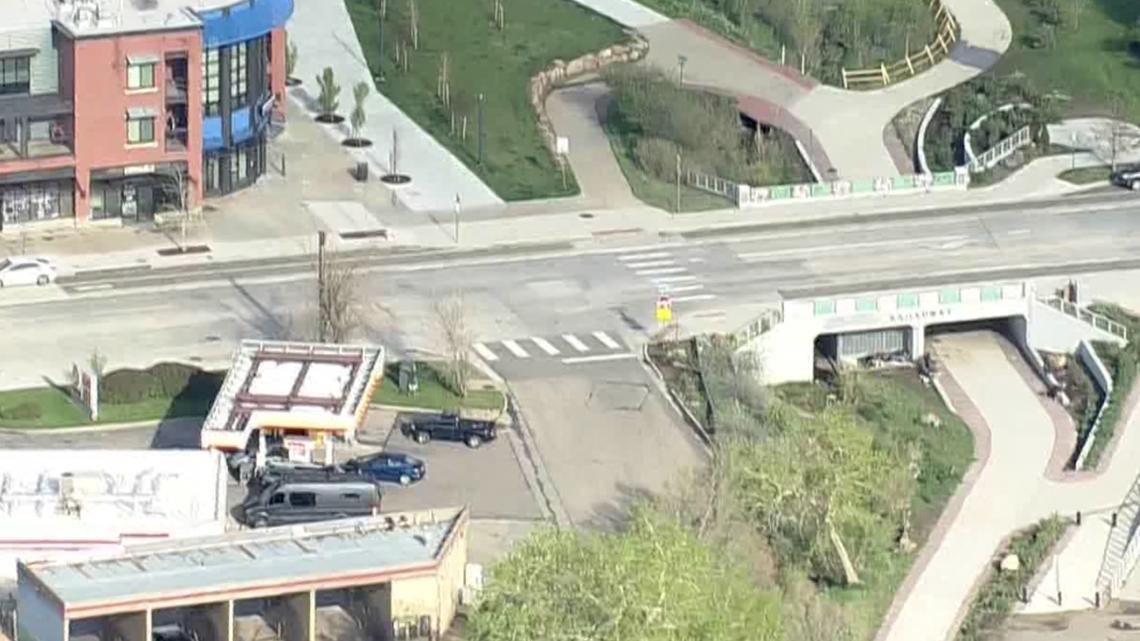FAA Facing Tech Overhaul: Ex-Official Warns of 'Outdated' Systems as Modernization Plan Looms

The Federal Aviation Administration (FAA) is poised for a significant technological upgrade, but a former top official is sounding a cautionary note. David Grizzle, the former Chief Operating Officer of the FAA, recently highlighted the challenges presented by the agency’s current, 'archaic' technology during an interview on 'Fox & Friends First'. His comments come as Secretary Sean Duffy prepares to unveil a comprehensive proposal aimed at modernizing the nation's air traffic control system.
Grizzle's assessment underscores a long-standing concern within the aviation industry: the FAA's reliance on outdated infrastructure. He explained that the existing systems, while functional, struggle to keep pace with the demands of modern air travel. This includes handling increasing air traffic volume, integrating new technologies like drones, and ensuring the safety and efficiency of operations.
“We’ve been kicking the can down the road for a long time,” Grizzle stated. “The systems are, frankly, outdated and difficult to maintain. They’re not as adaptable as they need to be to handle the future of aviation.” He emphasized the need for a complete overhaul, rather than piecemeal upgrades, to truly address the underlying issues. This echoes sentiments from other industry experts who have warned about the potential risks of delaying modernization efforts.
Secretary Duffy’s modernization proposal is expected to outline a roadmap for transitioning to a more advanced, resilient, and efficient air traffic control system. While details remain under wraps, the plan is anticipated to include investments in new radar technology, satellite-based navigation, and automated systems. A key aspect will likely involve exploring options for separating air traffic control services from the FAA, a move that has garnered both support and opposition.
The challenges are significant, however. Modernizing the FAA’s technology is a complex undertaking, requiring substantial financial investment, careful planning, and coordination across multiple stakeholders. Grizzle pointed out that the transition process itself can be disruptive, potentially leading to temporary delays and operational challenges. Ensuring a smooth and seamless transition is crucial to minimizing impact on passengers and the aviation industry as a whole.
Moreover, the scope of the modernization effort extends beyond simply upgrading hardware. It requires a fundamental shift in how the FAA operates, embracing new technologies and data analytics to improve decision-making and optimize air traffic flow. Cybersecurity is also a paramount concern, as the modernized system will be vulnerable to new threats.
The FAA's modernization is not just about keeping up with the present; it's about preparing for the future of aviation. With the anticipated growth in air travel and the increasing integration of new technologies, a robust and modernized air traffic control system is essential for ensuring safety, efficiency, and economic competitiveness. David Grizzle’s warning serves as a timely reminder of the urgency and complexity of this critical undertaking, and the importance of Secretary Duffy’s upcoming proposal.






